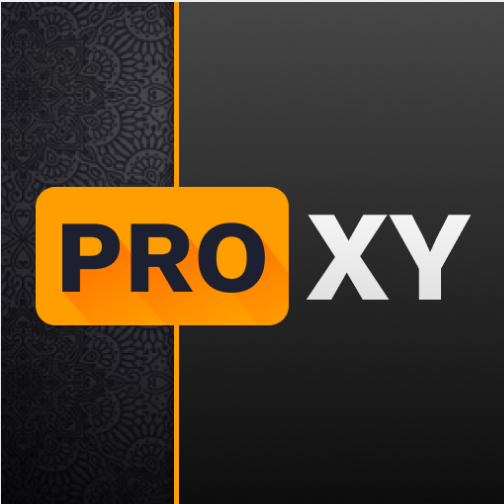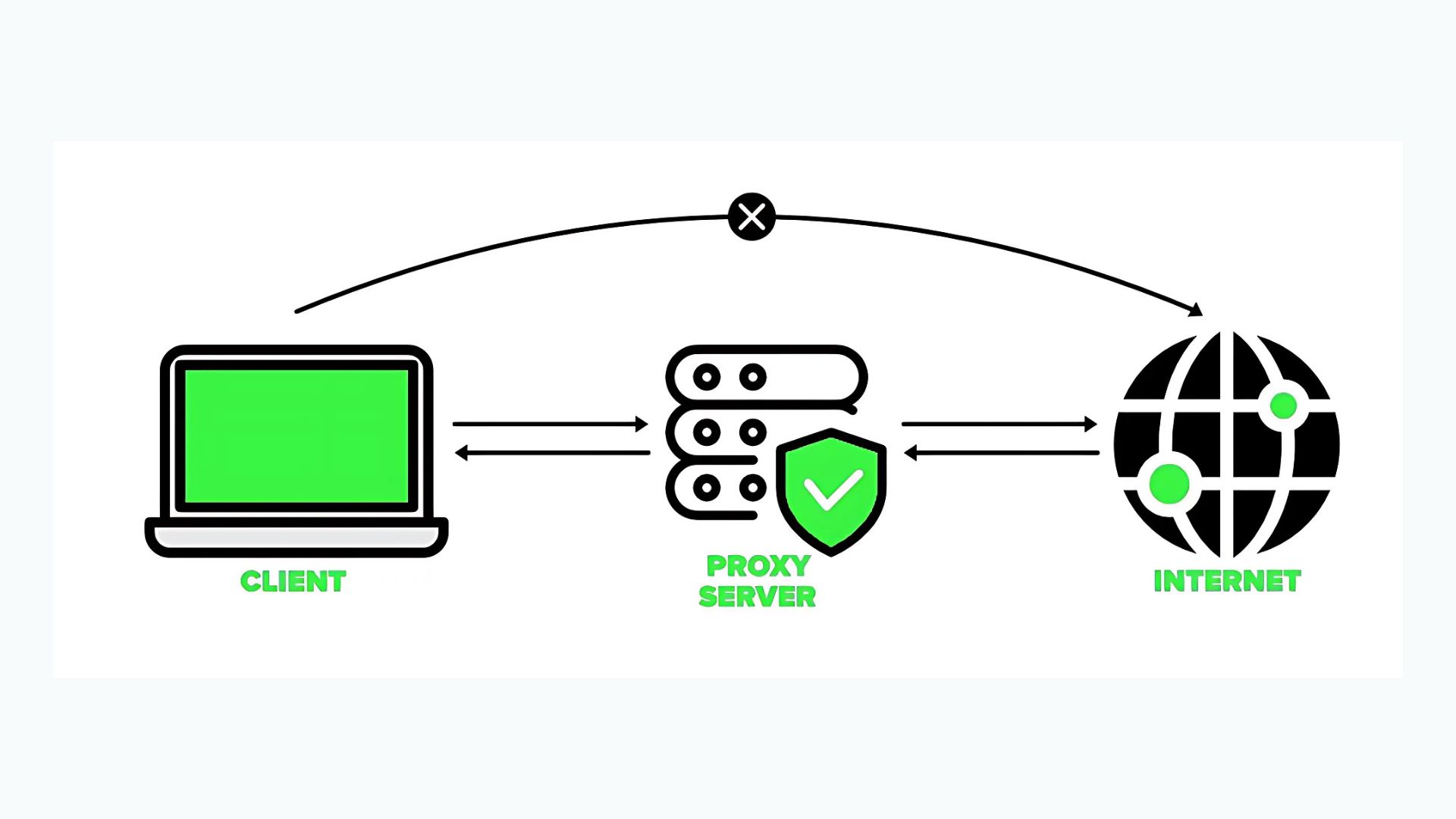Learn about the key benefits of using a proxy server for safe browsing. Discover how proxy servers protect your privacy, enhance security, and improve browsing experiences online.
In the ever-evolving world of online security and privacy, one tool stands out as an essential asset for individuals and businesses alike—Using a Proxy Server. A proxy server acts as an intermediary between your device and the internet, providing numerous benefits in terms of safety, anonymity, and improved performance. This article will explore the many advantages of Using a Proxy Server, how it works, and why it is crucial for safe browsing in today’s digital age.
What is a Proxy Server?
A proxy server is a device or software that acts as a gateway between your device and the websites you visit. When you make a request to visit a website, your request is routed through the proxy server. The proxy then retrieves the information on your behalf and sends it back to your device. Essentially, it acts as an intermediary, ensuring that your IP address and sensitive information are kept private.
While there are different types of proxy servers, including HTTP, HTTPS, SOCKS, and transparent proxies, they all serve the primary purpose of shielding your online activity and personal data from prying eyes. Using a Proxy Server offers multiple benefits, especially when it comes to ensuring privacy and enhancing security.
Enhanced Privacy and Anonymity
One of the most significant reasons for Using a Proxy Server is the added layer of privacy it provides. By masking your real IP address, the proxy server ensures that websites cannot track your online activity back to you. Whether you are browsing for personal reasons or conducting research, Using a Proxy Server helps to keep your browsing history anonymous.
For businesses, Using a Proxy Server allows them to protect employee activity and maintain confidentiality when accessing online resources. This is particularly useful when dealing with sensitive client data or corporate information.
Improved Security Against Cyber Threats
Cyber threats such as malware, phishing attacks, and data breaches are rampant in today’s online world. By Using a Proxy Server, you add an extra layer of security against these threats. The proxy server can filter out malicious websites, preventing your device from connecting to potentially harmful domains. It acts as a barrier between you and dangerous online content, making it harder for cybercriminals to infiltrate your network.
In addition to blocking harmful websites, some advanced proxies even encrypt your traffic, ensuring that your data remains secure while browsing. This is especially important when using public Wi-Fi networks, which are often targeted by hackers looking to intercept unencrypted data.
Bypassing Geo-Restrictions and Censorship
Many websites and online services impose geographical restrictions on content. Streaming platforms, for example, may block certain shows or movies in specific regions due to licensing agreements. Using a Proxy Server allows you to bypass these geo-restrictions by routing your internet traffic through a proxy located in a region where the content is accessible.
This benefit is not only useful for entertainment purposes but also for individuals in countries with heavy internet censorship. In such regions, Using a Proxy Server can help you access blocked websites, ensuring that you can freely browse the internet without fear of government surveillance.
Faster Browsing and Load Times
Another advantage of Using a Proxy Server is the potential for improved internet speed and faster browsing. Proxy servers can cache frequently accessed websites, meaning they store copies of web pages and resources for quicker retrieval. This reduces the load time when revisiting websites and ensures that your browsing experience is smooth and efficient.
In a corporate setting, Using a Proxy Server can also optimize the use of bandwidth. By controlling which content employees can access, businesses can reduce unnecessary internet usage and prioritize important traffic, thus improving overall network performance.
Accessing Blocked Content
In addition to bypassing geographic restrictions, proxies can also help you unblock content that may be restricted on your workplace or school network. Websites like social media platforms or video streaming services are often blocked in these environments for productivity reasons. By Using a Proxy Server, employees or students can access these websites without triggering network filters.
This can be particularly helpful for employees who need to use social media or other online services for marketing and communication purposes. Using a Proxy Server in such cases ensures that workers can remain productive without violating company policies.
Better Control Over Network Traffic
For businesses, Using a Proxy Server offers better control over network traffic. IT administrators can configure proxies to monitor internet usage, block certain websites, or restrict access to specific resources. This ensures that employees are using the internet for work-related tasks and not engaging in non-productive activities.
Moreover, Using a Proxy Server enables businesses to implement security measures like SSL inspection, which checks encrypted traffic for potential security risks. This allows companies to proactively defend against malicious software and other cyber threats.
Preventing Data Leakage and Identity Theft
In today’s digital age, identity theft and data leakage are significant concerns. Using a Proxy Server helps protect your personal information by ensuring that your real IP address and sensitive data are not exposed to malicious websites or third-party trackers. This can help prevent hackers from gaining access to your accounts or stealing your data.
By masking your IP address and encrypting your browsing traffic, a proxy server ensures that your online activities are kept private. This makes it more difficult for cybercriminals to track your actions, steal your credentials, or exploit vulnerabilities in your system.
Cost Savings on Bandwidth
Another hidden benefit of Using a Proxy Server is cost savings on bandwidth. In some cases, proxy servers can compress data before sending it to the user, reducing the overall bandwidth consumption. This is especially beneficial for organizations with limited internet capacity or those operating in regions with expensive data plans.
By reducing the amount of data transferred over the network, Using a Proxy Server can help lower operational costs for businesses and improve overall network efficiency.
Reliable Protection for Remote Workers
In today’s world, many employees work remotely, which can expose company data to potential security risks. Using a Proxy Server is an excellent way to safeguard remote workers’ internet connections. By routing their traffic through a secure proxy, companies can ensure that sensitive information remains protected, even when employees are accessing company resources from public or unsecured networks.
This added layer of protection is crucial in maintaining the integrity of a company’s data and preventing unauthorized access.
Conclusion: Why You Should Start Using a Proxy Server Today
In conclusion, Using a Proxy Server offers numerous advantages in terms of security, privacy, and browsing performance. Whether you’re an individual looking to protect your online privacy or a business aiming to improve network performance and safeguard sensitive data, a proxy server is an invaluable tool.
From enhancing anonymity to protecting against cyber threats, bypassing restrictions, and improving speed, Using a Proxy Server can transform your online experience. With the rise in cybercrime and increasing concerns over data privacy, it’s more important than ever to invest in secure browsing methods. If you haven’t already, consider integrating a proxy server into your online activities today for safer, faster, and more private browsing.

